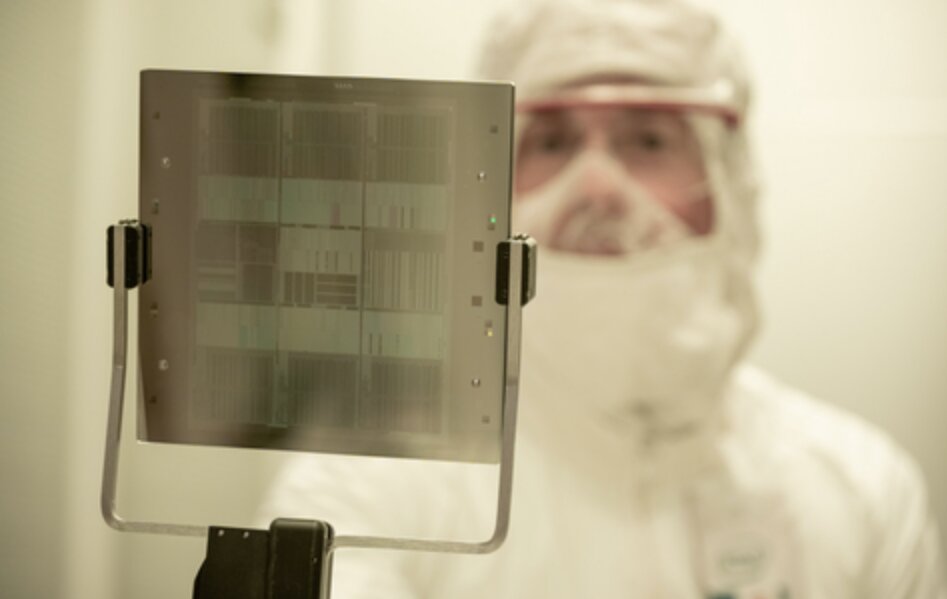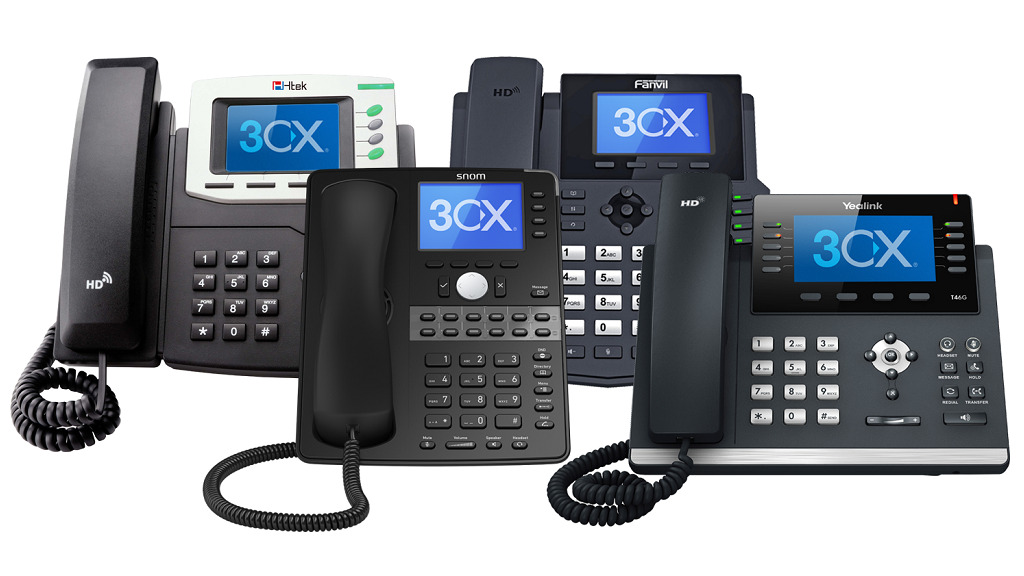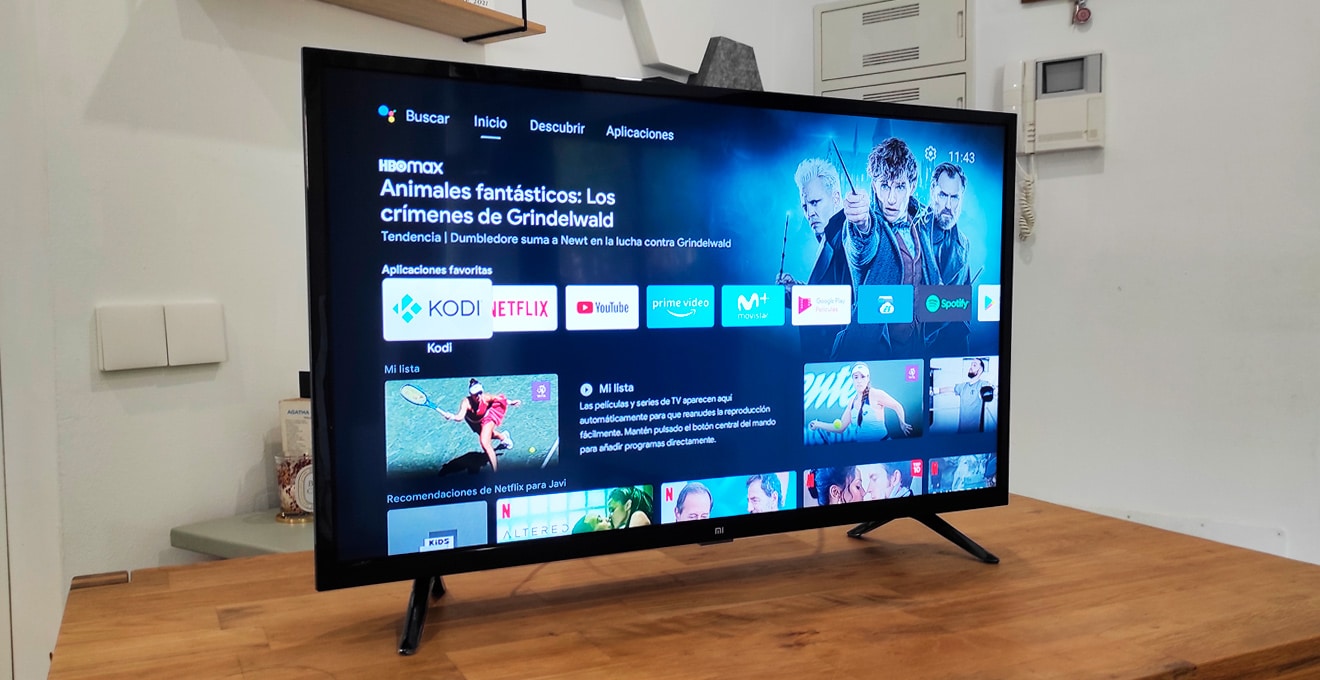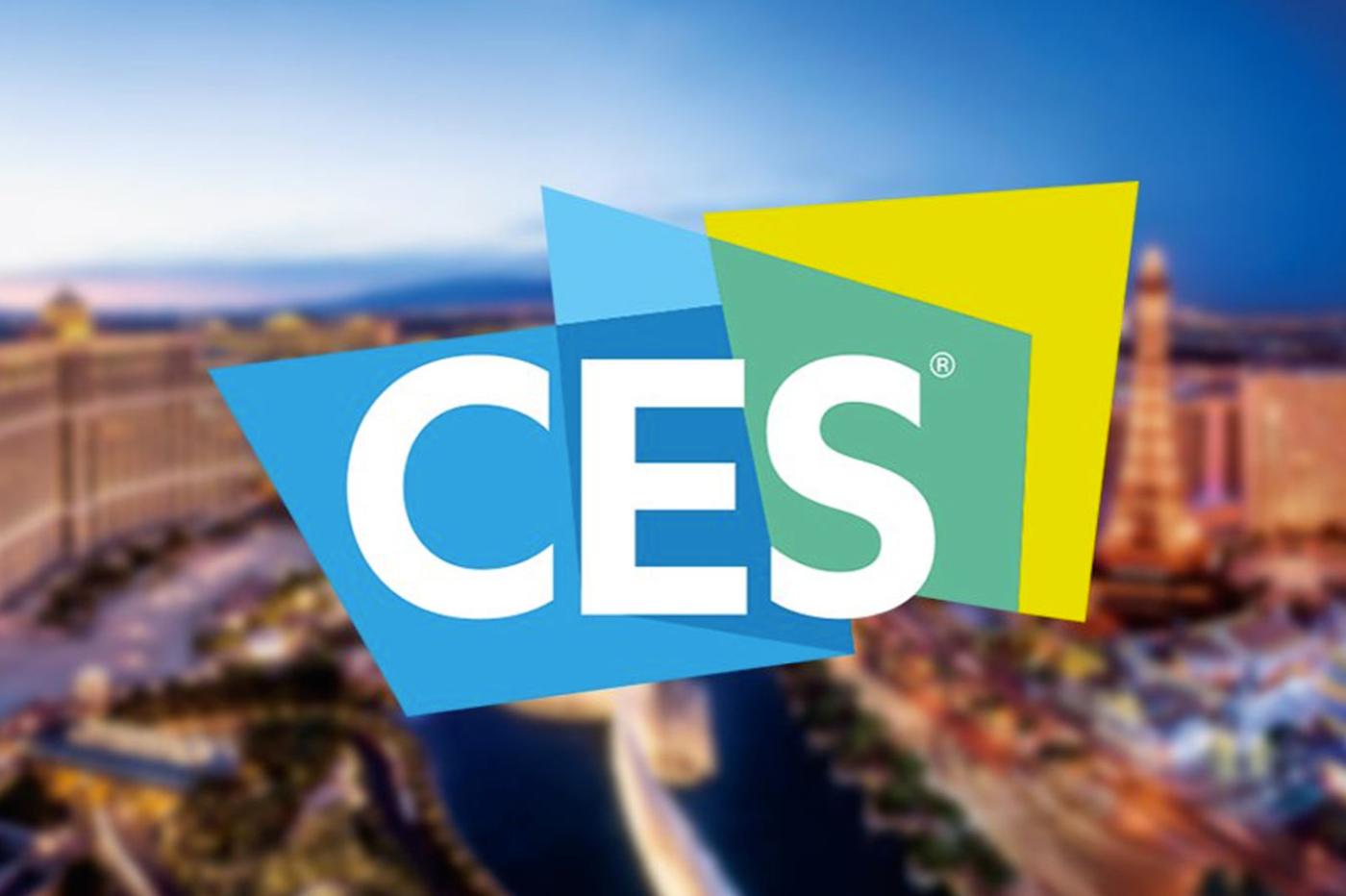
Busy week for TSMC regarding investments. On the one hand, the company has bought 10% of the Austrian IMS Nanofabrication from Inteland on the other has approved a maximum investment of 100 million of dollars in ARM’s upcoming IPO. Intel bought IMS in 2015, and with the operation it will continue to own the vast majority of the company. It operates, and plans to continue to do so, as an independent company.
IMS is dedicated to the development of electron beam photomask etching tools, the importance of which for chip and component manufacturers is increasing in recent times. TSMC has collaborated with this company since 2012, and with the investment they hope to deepen their relationship.
It is estimated that TSMC has invested around $430 million in the company, which would be in line with its current valuation, which is around $4.3 billion. Earlier this year, Intel sold another 20% of the company to Bain Capital for 860 million, which makes Intel today control 70% of IMS Nanofabrication.
On the other hand, TSMC has also decided to invest in the purchase of ARM shares in its IPO. Thus, the company has approved making a maximum investment in it of 100 million dollars. It is unknown how many shares it will be able to buy, nor the price it will pay for each one, since the British company has not confirmed it yet even though there are only a few days left until its debut on the stock exchanges. According to some rumors, the price of each title will be between $47 and $51, but could vary.
Apparently there is already one strong demand for ARM shares ahead of its IPO, and the company has a good chance of listing them all even before starting to trade. This, among other things, may lead you to finally decide to raise the price you will ask for each one.
ARM designs the chip architecture on which virtually all of the world’s smartphone processors are based. Hence its importance for TSMC, which is currently the main chip manufacturer, and also the one that is achieving its manufacturing at a more advanced level. Among its activities is the manufacture of chips for technology companies such as Nvidia or Apple, processors that are often based on the ARM architecture.



